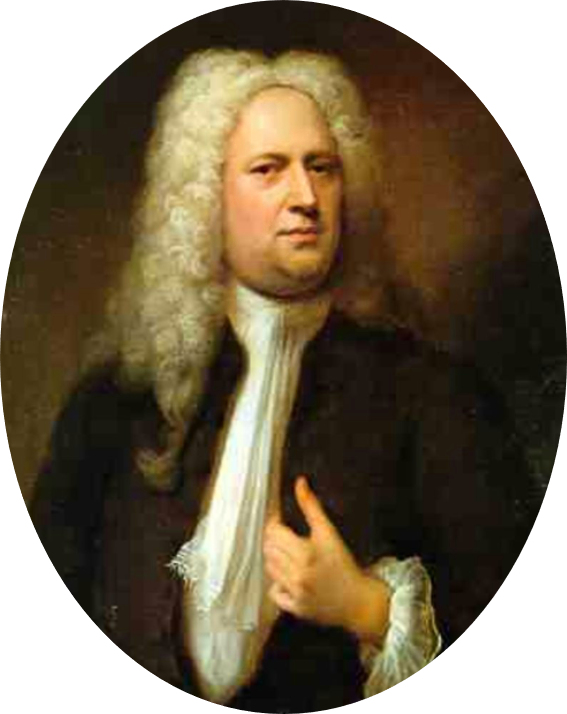 |
| Georg Friedrich Händel (1733) (Photo credit: Wikipedia) |
"Israel in Egypt" stands out among the oratorios composed by Georg Friedrich Handel (1685-1759) with its rich use of the choir and extraordinary scope of tone painting.
Most oratorios by Handel differ from those of his predecessors and contemporaries in the musically and dramatically importance given to the choir, but with "Israel" this has reached an even higher level.
No doubt, this oratorio contains many excellent solo songs, but the overall impression of the composition is determined by the impressive choral scenes.
As these already are examples for the highest artistic creativity, the admiration still increases if you know the original material used by Handel for his composition and note the superior finesse with which he introduced parts that create dramatic tension.
Also, the strong, graphic character of Handel's work, his love for nature, the most important source of his inspiration, are nowhere more strongly expressed than in "Israel in Egypt". Using an elated tone painting, in particular, the representation of the Egyptian plagues offers an excellent motive for a naturalistic but never trivial representation.
"Israel in Egypt" is close to the very successful "Messiah", with the similar use of the figure of a narrator who links the historical images with short recitals, likewise the fact that the whole text is taken directly from the Bible.
Georg Friedrich Handel started composing "Israel in Egypt" on October 1st, 1738 and completed it on November 1st of the same year.
The first performance on April 4th, 1739, was unkindly received, as a large amount of parts for the choir, which were utilized to express the ideas and actions of the composition, was not understood. Händel, if the reports of different contemporaries can be believed, was deeply struck for the first time in his life and tried to meet the taste of the time by interposing solo songs and organ music in a new version.
Only in the 19-th century, the commitment of Felix Mendelssohn-Bartholdy (1809-1847) could lend certain popularity to Handel's oratorio.
|

No comments:
Post a Comment